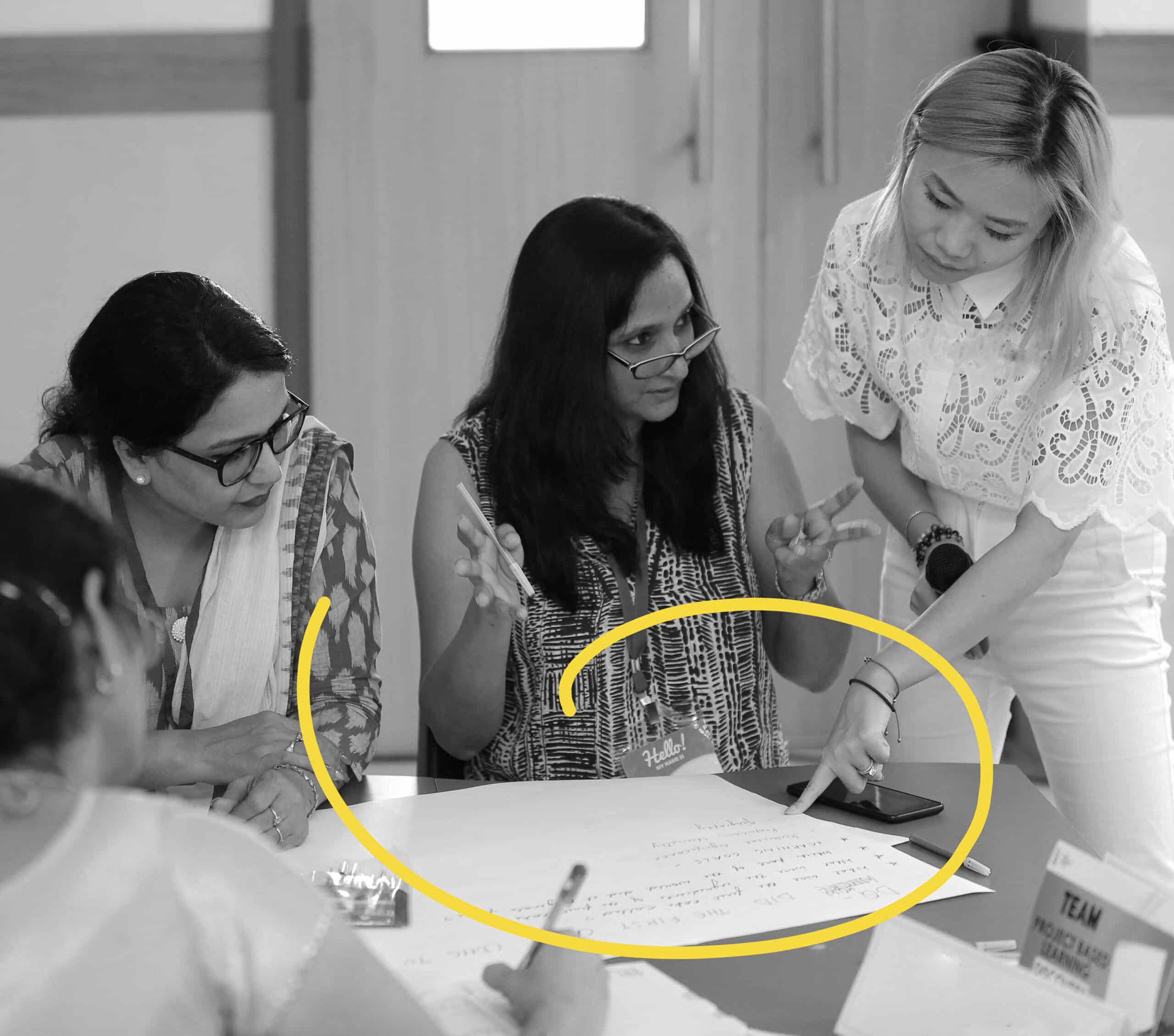
Introduction: Transforming Education Through Teacher Training
As has been said on almost every education-based social media post in the last twelve months, “education needs to change.” The future of education possibly lies in more project-based learning, increased use of portfolios, and integrated AI. Even if we disagree on this method, it still offers a first chess move in erasing traditional chalk and talk methodology.
In conversation with my friend and colleague Darren Coxon (Brittas Education), we discussed that entry into the teaching profession is almost a universal experience across national boundaries; we all go through some version of teacher training in person, hybrid, or online.
As a case study after the THINK Learning Studio collaboration with the Great Barrier Reef Marine Park Authority, I did a deep dive into teacher training reforms in Australia (and beyond).
In light of mass resignations and a massive teacher shortage, is just saying “this is a noble field of work” enough to attract the best? According to the Department of Labour in the United States and taking some data from that geographical region, there are currently 250,000 fewer teachers than before the pandemic; in Arizona, they are short 22,000 teachers, in Alabama they have lowered requirements for new teachers, and Florida have turned to the military in some cases (source, NBC News).
Australia’s Benchmark for Excellence
Australia has recently set the standard for teacher education reform. Education Ministers have agreed to major improvements in training teachers, as detailed in the Teacher Education Expert Panel’s report. The proposed reforms include strengthening initial teacher education programs, drawing a stronger link between performance and funding, improving practical teaching experience, and enhancing postgraduate teacher education.
These aim to ensure all ITE students are better prepared for the classroom, leading to higher retention rates and nearly three thousand additional graduates annually.
Insights from the Asian Development Bank
The Asian Development Bank, in a recent study, emphasizes the importance of quality initial teacher education with a strong practicum component. Data shows a positive relationship between teacher qualifications and student learning. The bank stresses the need for schools as learning organizations where teachers are part of professional learning communities.
Possible Steps to Future-Proof Teacher Training
With such case studies considered, we could explore three possible steps to begin an attempt to future-proof teacher training:
- Redesigning the Practical Components: This has been my mission from the very beginning. Whether we are bringing virtual teachers into brick-and-mortar schools or supporting schools with virtual tutoring, it’s about creating better spaces and opportunities for teachers and students. The redesign must be connected to the real world, not the world of 1970.
- Developing Practicum Components with Modern Pedagogy: Leadership must take the reins to improve conditions for early career teachers. Not only should we be orientating these staff on artificial intelligence but also virtual learning and virtual platforms that can help mitigate the issues brick-and-mortar schools face, reflecting a more modern approach that emphasizes human connection and technology.
- Investment in Continuous Professional Development: We need a commitment from schools and ministries to invest in continuous professional development, focusing on innovation, student-centric teaching, and collaborative teaching (enough of the solely subject-specific silo existence approach).
In my last article, I highlighted only 53% of teachers feel competent with technology. We need a heavy emphasis on real usage of ICT competence, project-based courses, and co-teaching inspired by high-performing systems around the globe.
Conclusion
This stagnation and complacency around Initial Teacher Training must end, and a new reform era must be executed. We must reshape teacher training by highlighting international success stories and adopting best practices.
At THINK Learning Studio and THINK Global School, we are dedicated to helping in this transformation and prepared to provide the expertise and guidance necessary to navigate the path ahead. This means better practicum experiences and a commitment to the best for teachers, students, and districts. Contact me for more details on this potential collaboration.










